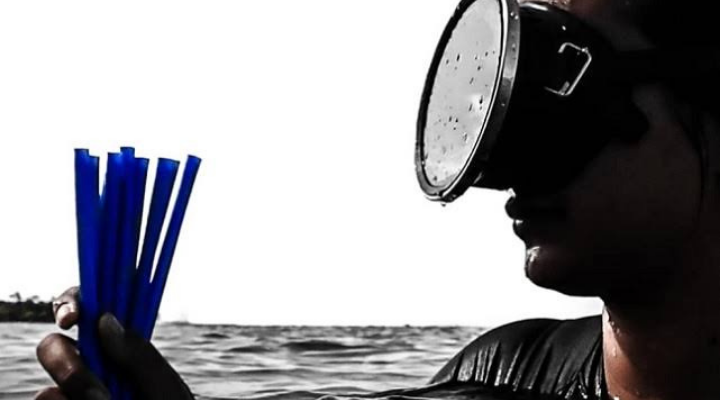US materials tech company Loliware has developed seaweed pellets that can potentially replace plastic at scale.
Seaweed is known as the “ocean’s equivalent of trees”. It can absorb carbon dioxide and nitrogen compounds, helping clean the atmosphere and can capture up to 20 times more carbon per acre than land forests.
The SEA Technology material (Seaweed-derived, Emissions-avoiding, Alternative to plastic) is created using ocean-farmed seaweed, which can be used similarly to plastic pellets that can be moulded into a wide variety of products.
According to the company, the seaweed pellets are universally compatible with existing plastic-manufacturing equipment and facilities worldwide. They are home compostable, FDA-approved, and ocean-safe.
Because of this adaptability, US manufacturer, Sinclair & Rush has partnered with the materials company to scale production, beginning with its Blue Carbon plastic-free straws. The partnership is the first US production of onshore, seaweed-based product replacements and is seen as an alternative to outsourcing plastics from China.
“We have been approached by dozens of companies who claimed that they had developed a truly compostable, non-plastic material that could be processed on our existing manufacturing equipment, said Brad Philip, CEO of Sinclaire & Rush.
“Loliware was the first company with a material and a business model that truly seemed viable.”
The Blue Carbon Straw is verified plastic-free by Oceanic Global’s Blue Standard. It helps enable a regenerative supply chain while expanding global seaweed farming, which will result in higher carbon dioxide removal rates than bioplastics.
Further reading: Equo founder explains her mission to change consumer habits through sustainable products



